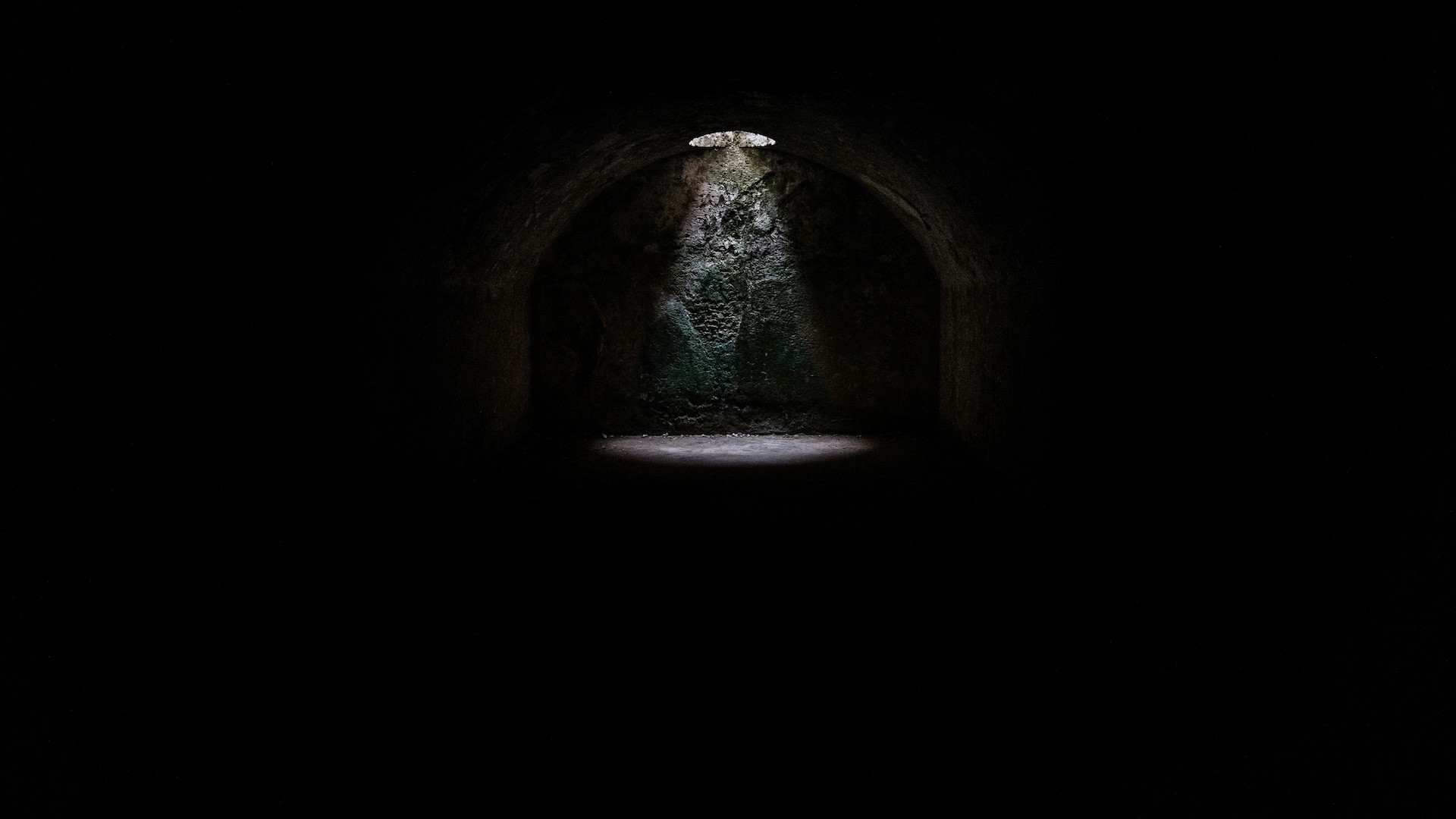It sometimes happens to all of us that our memories reach back to glimpse some sin or some blunder we committed in the past. And as that memory flashes into our minds, we cringe, we blush, we feel the shame of it wash over us again. This rarely happens with the sins we consider minor—the little ones pass quickly from our memories and are forgotten. Rather, it happens to the sins we consider major. These are the ones that plague our souls, that hurt our hearts, that keep us sleepless through the night. These are the ones that make us wonder whether we have truly been forgiven and whether we truly can be forgiven.
It always amazes me how prone I am to treat God as if he is like me, only bigger. It surprises me how often I think of God as if he is a man, only more so. As men, we see in categories of big and small—rocks that are light enough to lift and rocks that are too heavy, problems simple enough to solve and problems that are intractable, bills cheap enough to pay and bills that are beyond our means.
But we radically misunderstand the very nature of God if we think of him in such terms. God exists outside these categories of capacity and capability. He is neither big nor small, neither heavy nor light, neither impossible nor solvable. In his eyes, no sin is truly big or small. Some may have greater implications or ramifications, some may have more dire consequences and cause much wider ripples. But it is no harder for God to deal with one sin than another, to forgive murder than hatred, to forgive blasphemy than grumbling. It is no harder for him to forgive a sin of omission than commission, a sin of impulse than a sin that was carefully planned and deliberately executed.
Once God has forgiven our sinfulness, it is no struggle for him to forgive our sins. Once he has dealt with our waywardness, our rebellion, our dead and wretched hearts, he does not need to battle to find the will or the strength to forgive our individual transgressions. No sin is bigger than sinfulness, no act of depravity greater than a deadly-depraved heart.
If you think one sin is harder for God to forgive than another, you degrade him. If you think a certain sin is too enormous for God to forgive, you diminish him. If you think you have the ability to do something so serious that God cannot deal with it, you have made yourself too big and God too small. You have reduced him to the image of a man.
So any time you find yourself tempted to look back to those sins you consider major, to wonder if God could possibly fully forgive such transgressions, you would do well to look back a little farther—all the way to the cross. Look back to see the Son of God spanning the gap between earth and heaven, between you and the Father. See him bearing not only the weight of your sins, but the weight of your sinfulness, not just your acts of rebellion but your rebellious heart, your rebellious will, your depraved and fallen nature. Look back to see him forgiving not just what you’ve done but who you are, not just the evil fruit but the rotten root. Look back and see, look back and worship, look back and believe.










